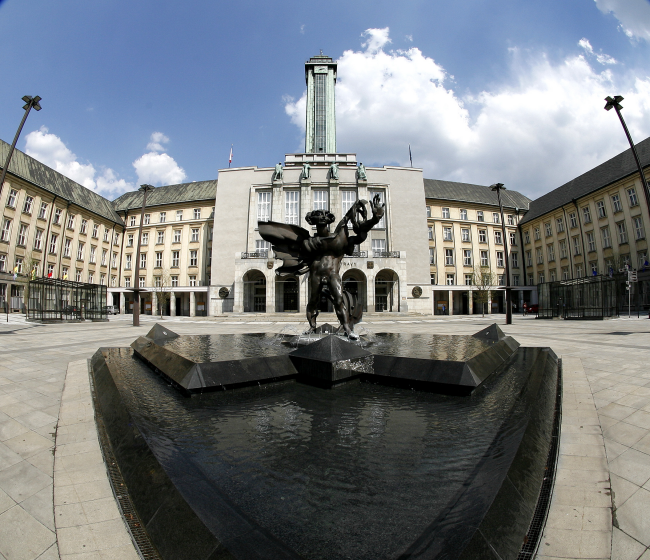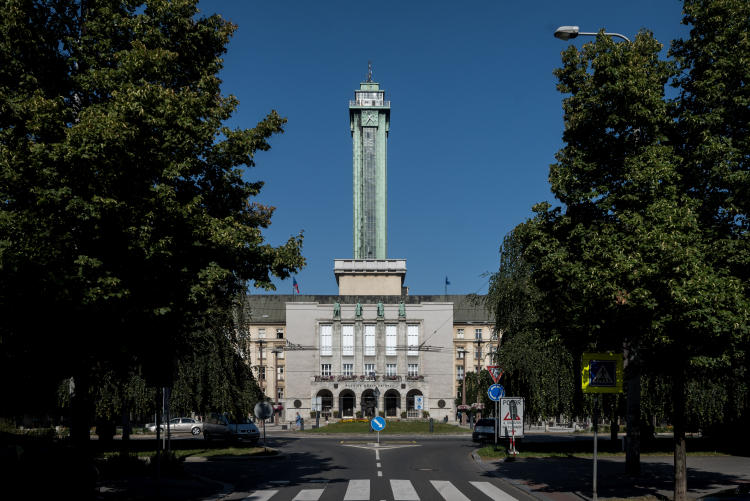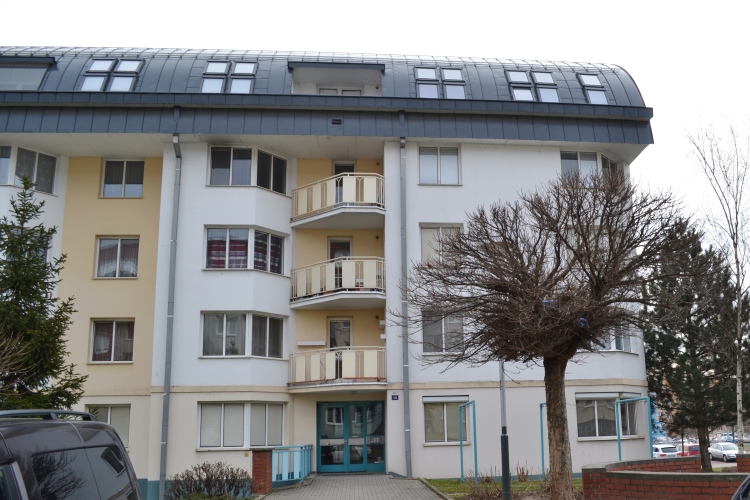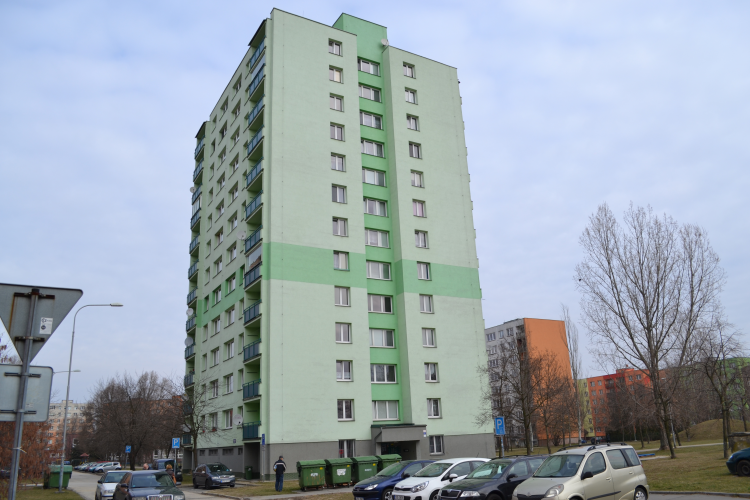Social Housing in the City of Ostrava
The City of Ostrava is the third largest city in the Czech Republic and a metropolitan area of the Moravian-Silesian Region. In the past it was a center of heavy industry, which went into steep decline in the 1990s – with these times was connected growing unemployment and the privatization of housing stock.
For many years Ostrava has worked to address the social problems in the city. There is a functioning network of social services, and the City also works with non-profit organizations. However, the impacts of these activities are only partial; essentially they are dealing with the manifestations of problems rather than addressing their root causes.
We view housing as a crucial precondition for social inclusion. By implementing the project, city of Ostrava becomes a key actor in the area of social housing. The project is the City’s response to the high number of persons excluded from local housing (people living in sub-standard housing in socially excluded localities, commercial hostels, i.e. in situations families are unable to deal with on their own) and to the absence of a national social housing law.
Ostrava is a very complex environment, and if we are to create a local system of social housing, it is essential to harness the synergic potential of activities rather than relying on isolated projects each involving different actors. For this reason we view cooperation among stakeholders as a key aspect of the project. The project brings together a range of stakeholders, all sharing the same goal: representatives of the city authority and municipal district authorities, non-profit organizations, Labour office, an energy company, a dominant private owner of flats, a university, and (at the national level) the Ministry of Labour and Social Affairs and the Office of the Government of the Czech Republic. People in housing need have also been directly involved as stakeholders.
The project will be pilot-tested in 103 flats, of which 3 are emergency flats and 100 are social flats. The housed families work with social workers at individual support intensity. These activities are formatively evaluated and the families provide us with valuable feedback.
Social housing and social work gives households the chance to become stabilised, to settle and create a home.
The basic parameters of these activities are laid down in the social housing strategy, which is pilot-validated in social flats. We have recently created a process of entry into the social housing system, a system of quantification of housing need, and a framework for cooperation with city districts. The activities are formatively evaluated on an ongoing basis to predict and modify the system framework during the project implementation.
The long-term goal of our local conception is to create an integrated system of social housing which addresses the requirements of those members of the community who have been identified as being in housing need.
Modalidad “More than a roof” – supporting communities of equal opportunities
Dirección
Prokešovo nám. 1803/8
729 30 - Ostrava
(Czech Republic)





